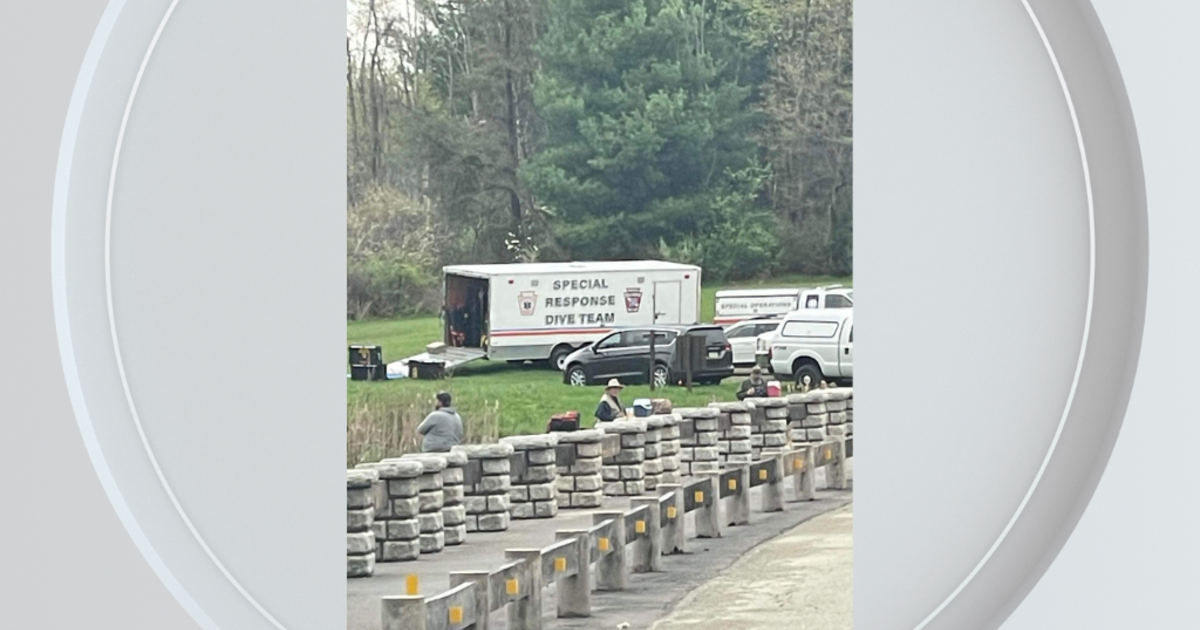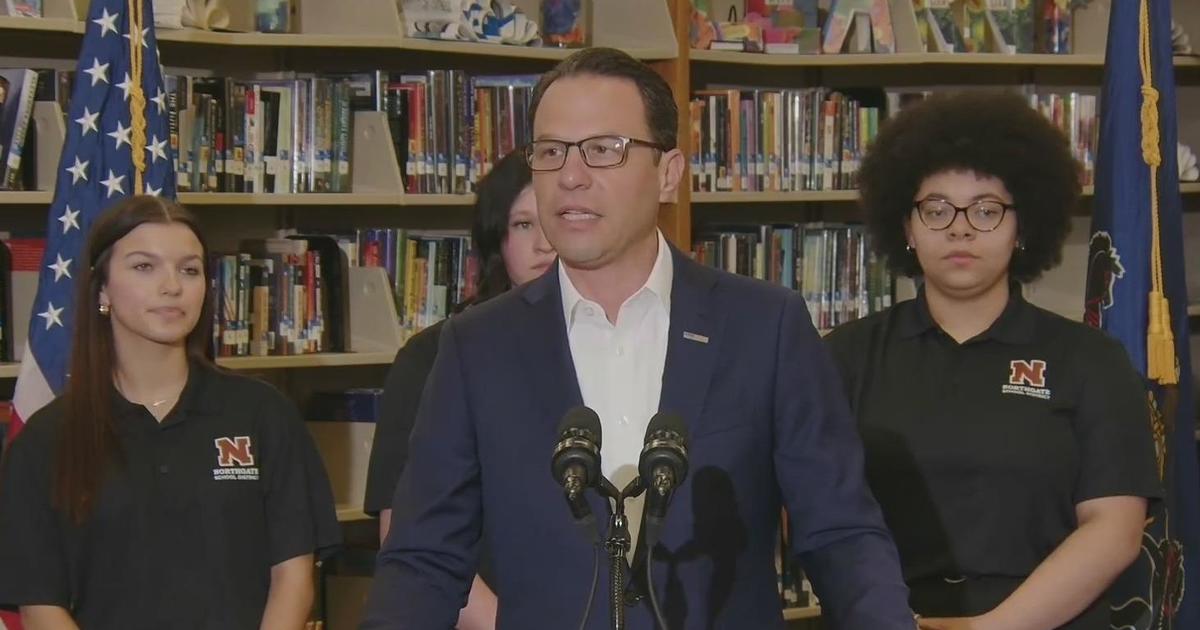Pennsylvania Attorney General Says Senate Can't Remove Her
HARRISBURG, Pa. (AP) - Pennsylvania's attorney general battled on two fronts to keep her job Monday, telling the Senate it can't remove her on its own and asking the Supreme Court to reinstate her law license.
Attorney General Kathleen Kane asked the high court to reverse its September order putting her on temporary, indefinite suspension a month after she was charged with leaking secret grand jury information.
The first-term Democrat also wrote to a Senate committee a day before its final meeting, saying the chamber can't kick her out of the elected job unless the House first acts to impeach her.
Her lawyers told the court, which swore in three new Democrats last week, that Republican Justice Michael Eakin should not have voted to suspend her because of his own participation in trading bawdy and otherwise objectionable emails with lawyers, prosecutors and others.
Kane "has never had a hearing," her lawyers wrote. "She has never been found guilty of anything. Justice can only be served and injustices can only be prevented by her immediate reinstatement to the practice of law."
Join The Conversation On The KDKA Facebook Page
Stay Up To Date, Follow KDKA On Twitter
They said Eakin's role in her suspension gives an appearance of impropriety and raises questions about his impartiality.
Eakin awaits trial by a judicial ethics court over his role in exchanging pornographic and offensive emails.
Meanwhile, a judge in western Pennsylvania has ruled that the attorney general's office has the authority to continue trying cases.
The Pittsburgh Post-Gazette reported on Monday that Armstrong County President Judge Kenneth Valasek rejected two defense lawyers' arguments that the suspension of Attorney General Kathleen Kane's law license precludes her office from trying criminal cases.
Judge Valasek's ruling comes before the Senate committee's final meeting on Kane's possible removal from office.
In a seven-page letter to the Special Committee on Senate Address, Kane argued the Senate does not have authority to remove her from office under an obscure constitutional provision now being considered for use against her.
The committee will hold its fourth and final hearing Tuesday about the direct removal proposal and whether Kane can do what the job requires with her law license under suspension. She declined the committee's invitation to appear in person.
"This Senate committee is subverting the process of impeachment and/or trial by jury and attempting direct removal based upon an administrative action that largely relied upon newspaper articles, with no rules of evidence imposed, and an allegation of a crime," she wrote to the chairman, Sen. John Gordner, R-Columbia.
She said the Senate procedure under discussion would "circumvent the proper procedure and deprive the citizens, and the office holder, of the constitutional guarantees adopted by voters."
She warned senators not to set a precedent in which elected officials are "removed at the whim of a separate branch of government, or political party. This proposition creates chaos in times of political excitement or a rush to judgment."
She argued that the 1978 law that made the attorney general an elective office, rather than appointed by the governor, means her position is more analogous to governor, lawmaker and judge, so direct removal is not permitted.
Kane also gave the committee an 11-page memo from Jonathan Duecker, her chief of staff, describing office accomplishments.
"I must take issue with (the) notion that her legal status has resulted in a leaderless, directionless agency," Duecker said. "The 'engineer for this train' is present and the office is functioning and serving the commonwealth."
It's unclear what the Senate will do after it receives the committee's report, due 15 days after the Tuesday hearing.
Eakin is also suspended and faces trial by the Court of Judicial Discipline. On Monday, his lawyers filed a pretrial memo that listed his likely witnesses, exhibits and said the court should decide what to do about unsolicited emails when there's no evidence they were opened.
(© Copyright 2015 The Associated Press. All Rights Reserved. This material may not be published, broadcast, rewritten or redistributed.)



